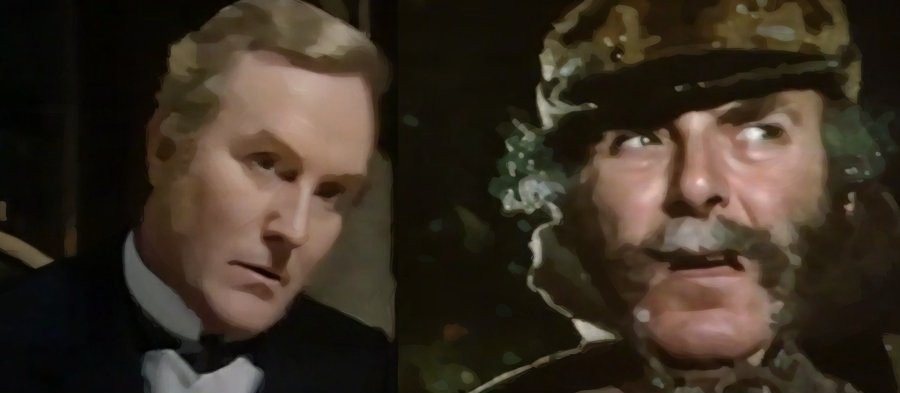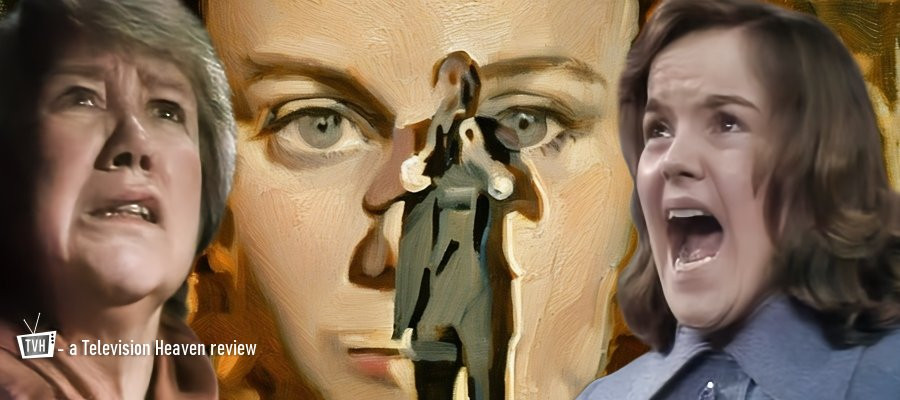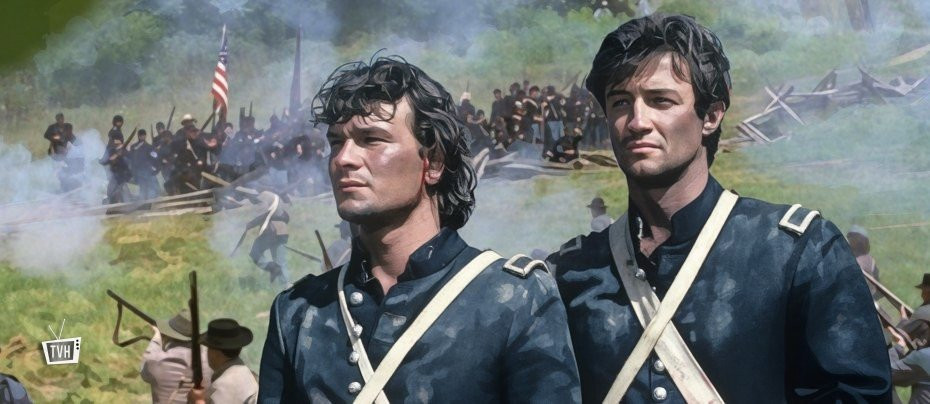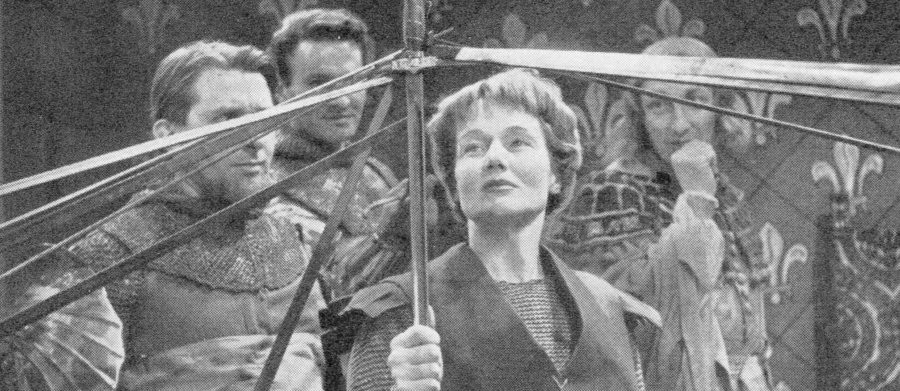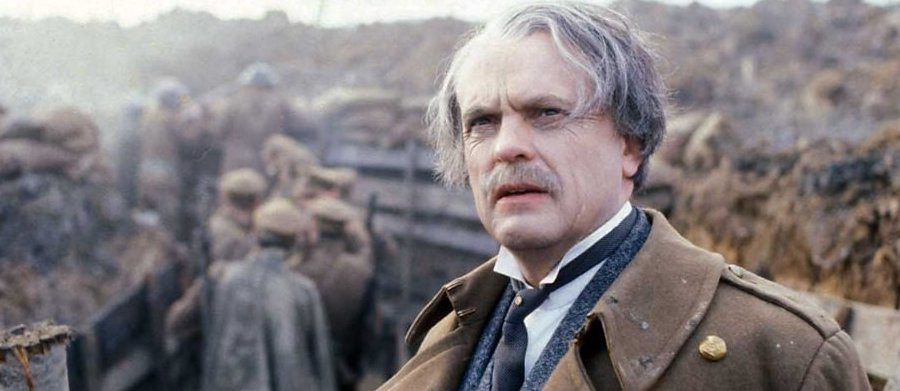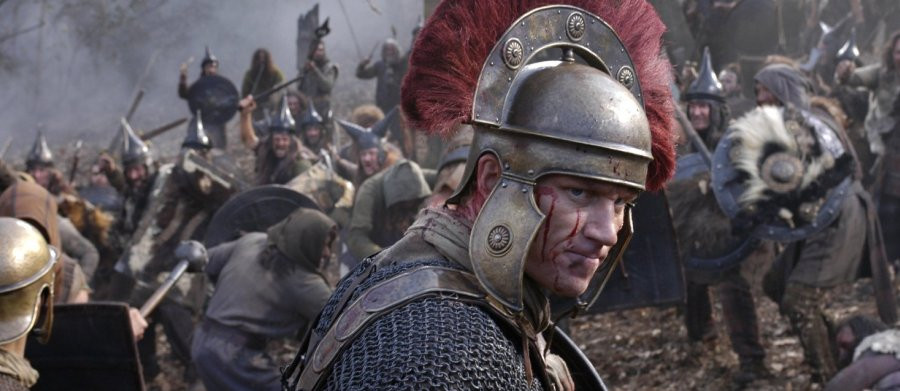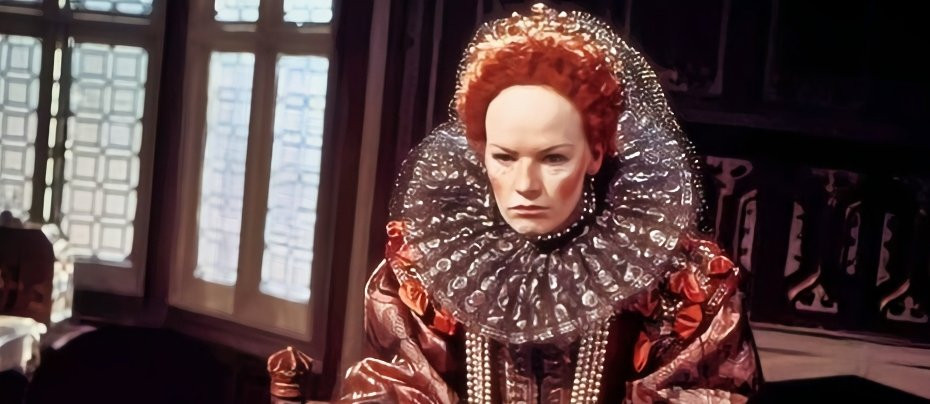
Elizabeth R
1971 - United KingdomYet another towering success story in the BBC's illustrious history of producing high quality historic period drama, Elizabeth R is a direct sequel to their earlier triumph, The Six Wives of Henry VIII.
Seven months in the making, the six episode series aired in 1971 to almost instant universal acclaim. A near perfect fusing of talent of insightful incident packed scripts from the talented John Hale, John Prebble, Rosemary Ann Sission, Julian Mitchell, Hugh Whitmore and Ian Rodger to a star-making tour-de-force central performance from Glenda Jackson as the 'Virgin Queen', ensured Elizabeth R its legendary and well deserved status as historical drama par excellence. The sheer quality of production was confirmed when the series garnered a well deserved five Emmy awards in the US, as well as a widely successful airing on PBS stations across America in 1973.
Against all odds (her mother was beheaded, her father had declared her illegitimate and she had been incarcerated in the Tower of London accused of treason and awaiting execution) Elizabeth ascends the throne with the help of her minister, William Cecil (Ronald Hines), to become Queen of England. Her troubles don't end there, of course. She has inherited a country that is torn between the Puritans and the Roman Catholics, there is the threat of invasion from the Spanish and usurpment from her cousin, Mary Queen of Scots, whom she later (reluctantly) has beheaded. But Elizabeth was as shrewd as she was determined and made a point of telling her people that she may have the 'body of a weak and feeble woman' but they should be in no doubt that she had the 'heart and stomach of a king'.
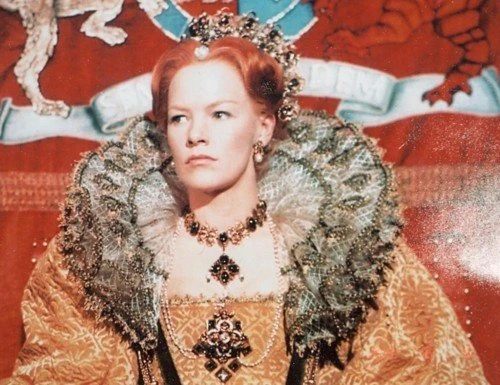
Political intrigue abounds as her ministers try to manipulate Elizabeth into marriage so that she may give birth to an heir, but in this matter she is resolute. A royal husband from abroad (she turned down Philip ll of Spain) is unthinkable as well as any suitable English suitor because of the religious situation and implications. Elizabeth knew that by staying single she would retain the loyalty of her subjects and of all the Kings and Queens in the history of this country there has seldom been one so loved by her people. She summed this up perfectly when she told parliament in her farewell speech, 'Though you have had, and may have, many mightier and wiser princes sitting in this seat, you never had, nor shall you have any that will love you better.'

For her part Glenda Jackson totally submersed herself in the role by reading everything she could find about Elizabeth in order to get a deep understanding of the Queen. And this shines out from her performance as she delivers each line with an authority of a true monarch. The BBC also excelled itself in costume and design supplying no less than 200 dresses for Glenda Jackson and all with a keen eye on authenticity. Some of her costumes were so solidly padded that Jackson had trouble breathing and was unable to bend her arms. Some were so heavy that she had to remain seated and some were so big that she had trouble walking through doors. Weights were used to retain the shape of the costumes adding pounds to Jackson's own frame and on many ocassions she would end a day of filming with her shoulders rubbed raw from the coarse and heavy material. Jackson also refused to wear a bald wig lest the viewers should 'see the join', so she shaved her head for the part.
When Elizabeth came to the throne England was a second-rate trading nation, already outcast by Rome and with very few friends. By the time she died Elizabeth had forged a nation that was destined to become one of the greatest powers in the world. Bearing all the hallmarks of BBC drama production at its very finest, Elizabeth R is rightly regarded as a high water mark in quality television.
Seen this show? How do you rate it?
Seen this show? How do you rate it?
Published on December 10th, 2018. Written by Humar for Television Heaven.




